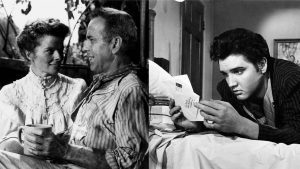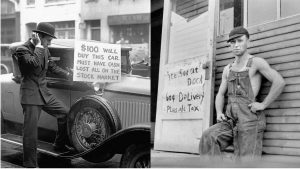Artists Who Got Their Start Singing In The Background
Every great career has to start off somewhere and for these artists and musicians, it started in the background. From Katy Perry to Luther Vandross, some of the most successful solo acts have started out as supporting vocalists for other artists. Working as a backup singer is honestly a pretty good gig. You get paid for your talents and sometimes backup singers even get to go on tour with bigger acts.
But as it would turn out, these backup singers’ contributions would be the stepping stones into some pretty phenomenal careers. Read on to learn more.
Katy Perry
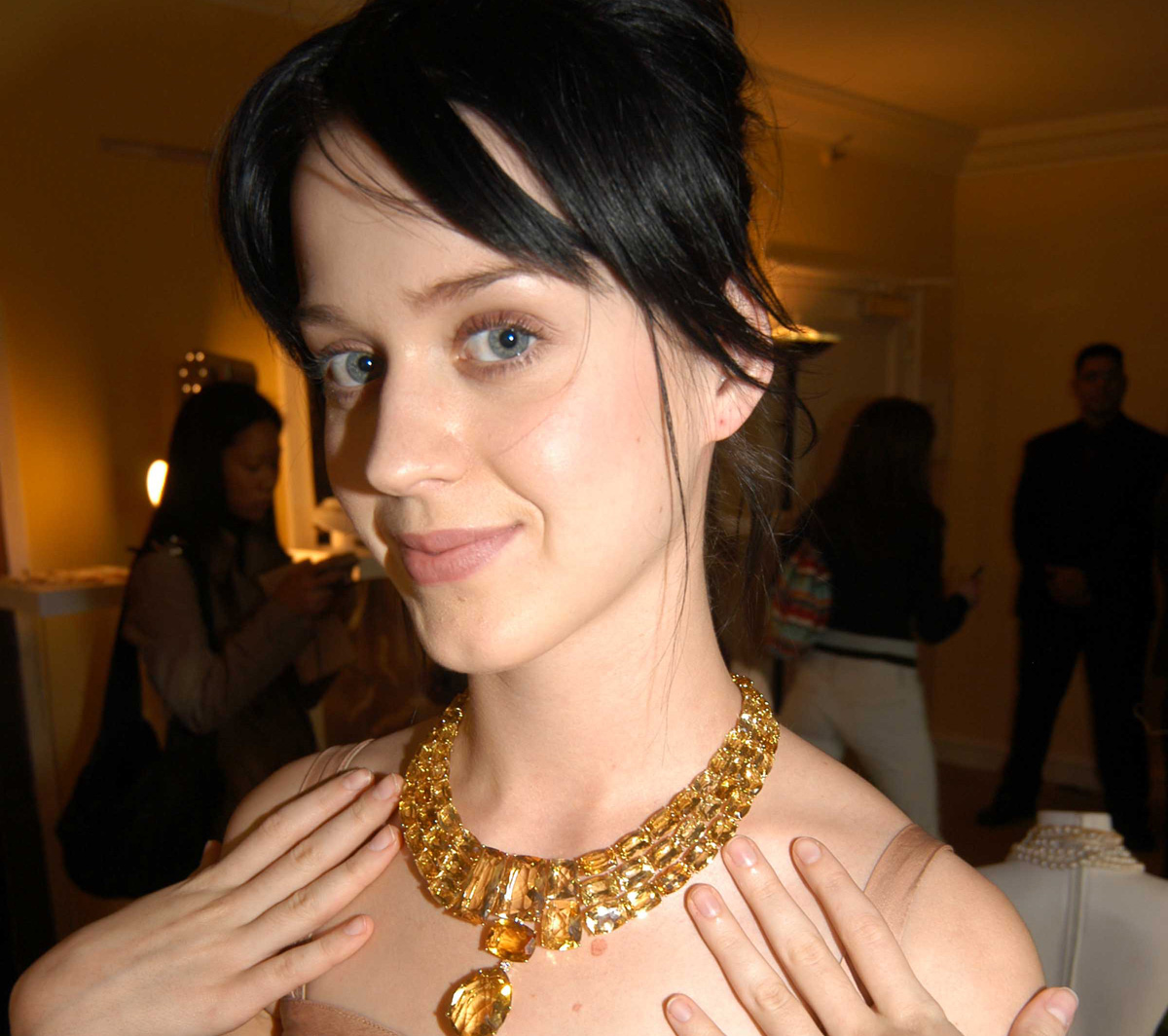
Katy Perry was once seen providing vocals for the Christian nu-metal band POD back in 2005. She sang on their track, “Goodbye For Now,” even appearing in the music video and with the band live on Jay Leno’s talk show. This doesn’t seem out of Perry’s league since she did start out in Christian music.
In 2015 however, POD said it was disrespectful to call her a “back-up” singer. They told Rolling Stone, “We invited her to participate in our record as she was and is still one of the few pop artists with strong musicianship roots.”
Sheryl Crow
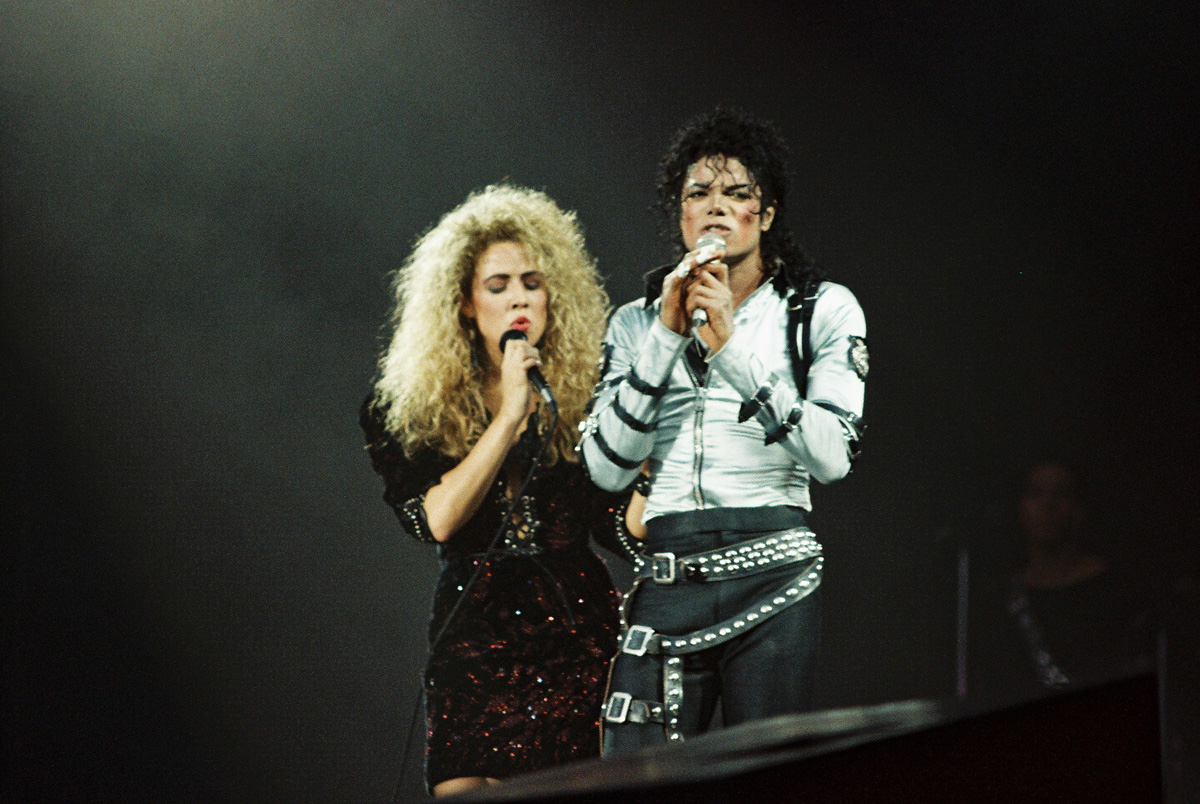
After Sheryl Crow graduated from the University of Missouri, she started out as a music teacher and sang with local bands on the weekends. Eventually, she met a producer and from there, she ended up on Michael Jackson’s Bad tour from 1987 to 1989.
Crow performed the duet “I Just Can’t Stop Loving You” with Jackson and recalled to Rolling Stone, “I was surprised by how shy he was… I remember standing by the side of the stage thinking, ‘I’ll never see this kind of talent again in my life.'” Crow also provided backup vocals for Stevie Wonder and Belinda Carlisle.
Phil Collins
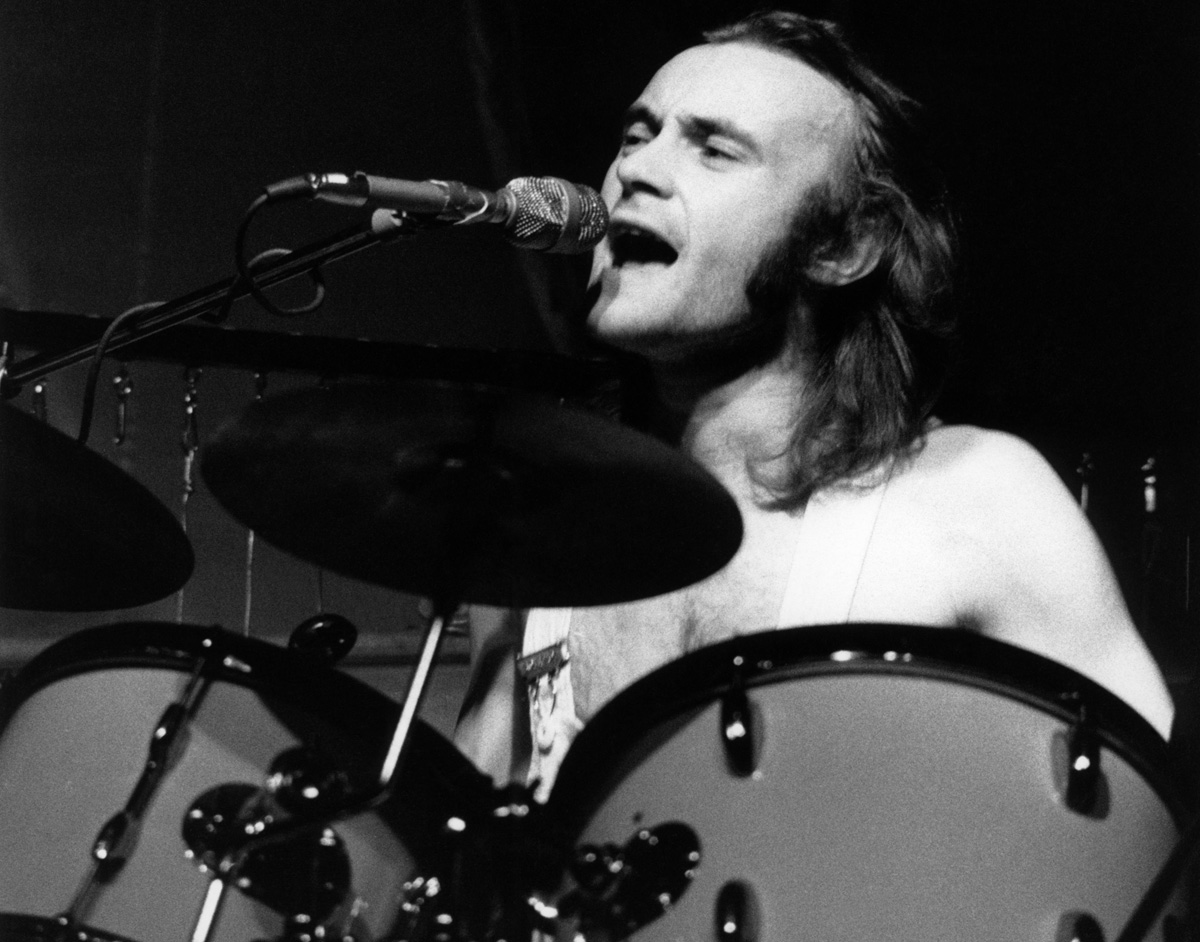
Phil Collins strayed away from his start as a child actor when he began to gravitate towards music. In the mid-’70s, he saw an advertisement for “a drummer sensitive to acoustic music” and decided to audition, later becoming the new drummer of Genesis.
Throughout Genesis’s beginnings, Collins primarily played drums and percussion but also provided many backing vocals on their early albums and at live shows. As he became more involved with the band, he began providing lead vocals as well. When Peter Gabriel left Genesis in 1975, Phil Collins became lead vocalist.
Gwen Stefani
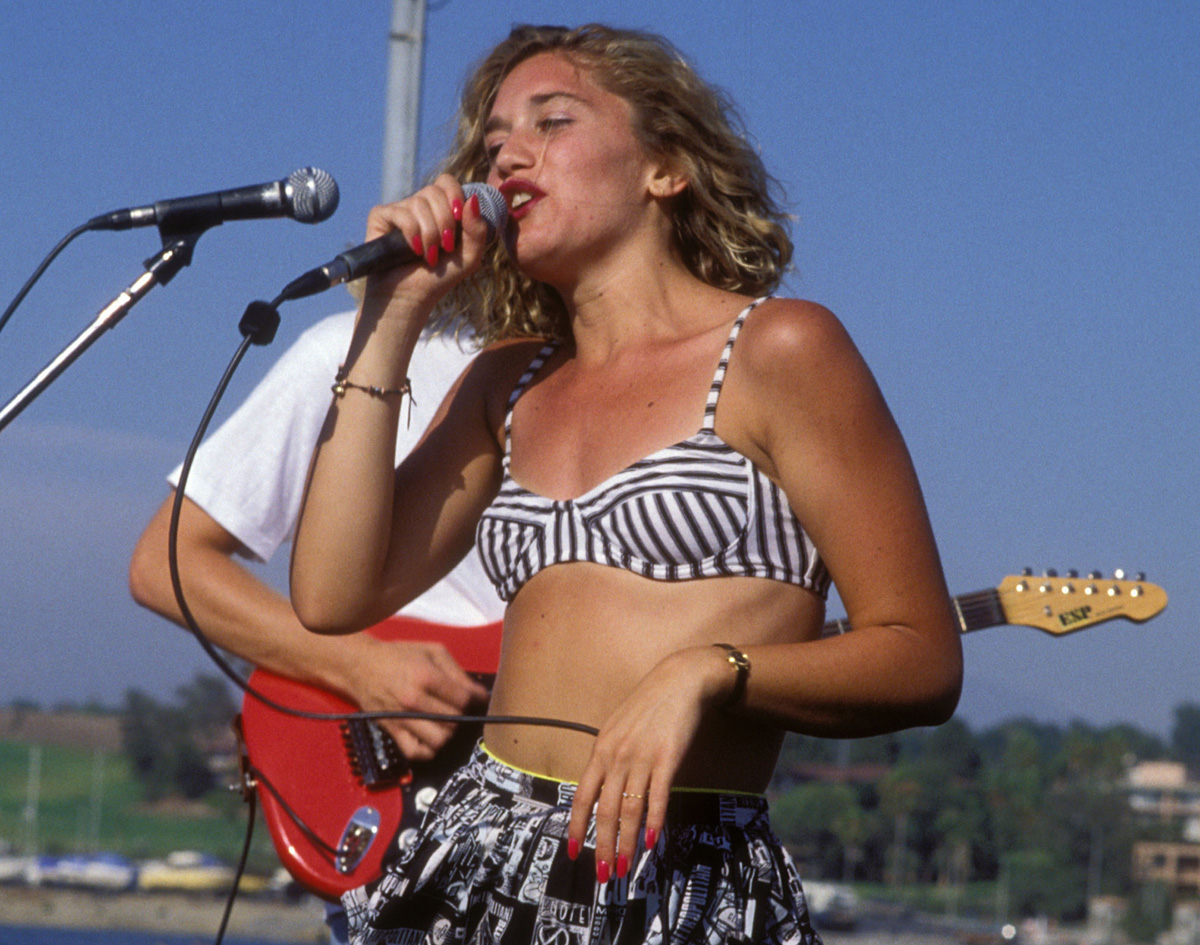
Gwen Stefani is famously the lead singer of No Doubt, but few people know that she actually started out as a backup singer for the band. In the late ’80s, No Doubt was conceived by John Spence and Stefani’s older brother Eric.
The band quickly gained a local following and by 1987 were set to perform in front of record industry employees at The Roxy Theatre. Sadly, Spence committed suicide days before the performance and caused the band to break up. After several weeks of grieving, No Doubt regrouped and Stefani eventually became the lead singer. Their 1992 self-titled release was dedicated to Spence.
Elton John
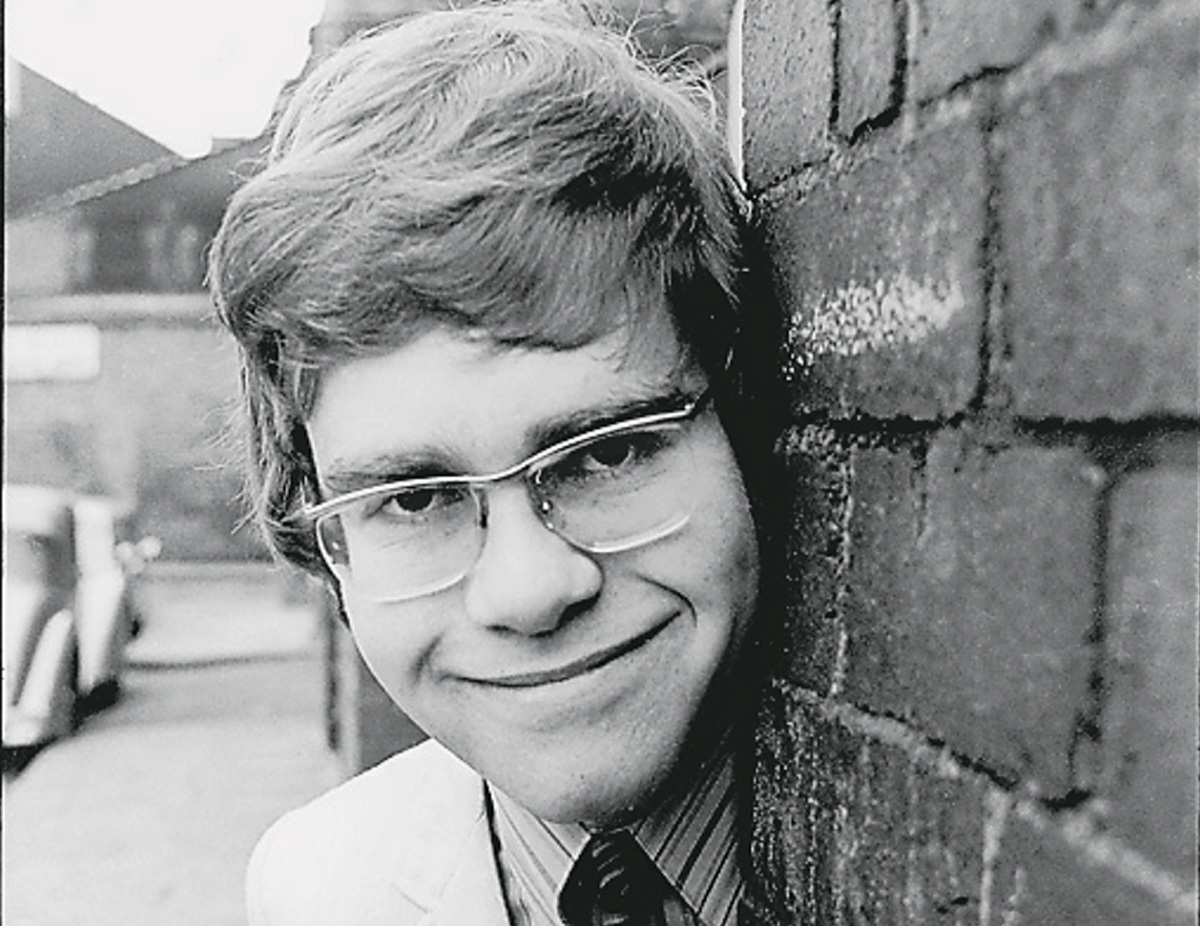
Elton John was just 15 years old when he formed the band Bluesology with his neighbor, Stu Brown, in 1962. Between doing grunt work for a music publishing company and performing solo gigs at a London hotel bar, John was also performing with Bluesology.
By the mid-’60s, Bluesology became prominent on the English music scene and started providing backup vocals and instrumentals for American bands that came to visit such as the Isley Brothers, Major Lance, and Patti LaBelle and the Bluebelles. Of course, it wasn’t long before Elton John made a name for himself.
Dave Grohl
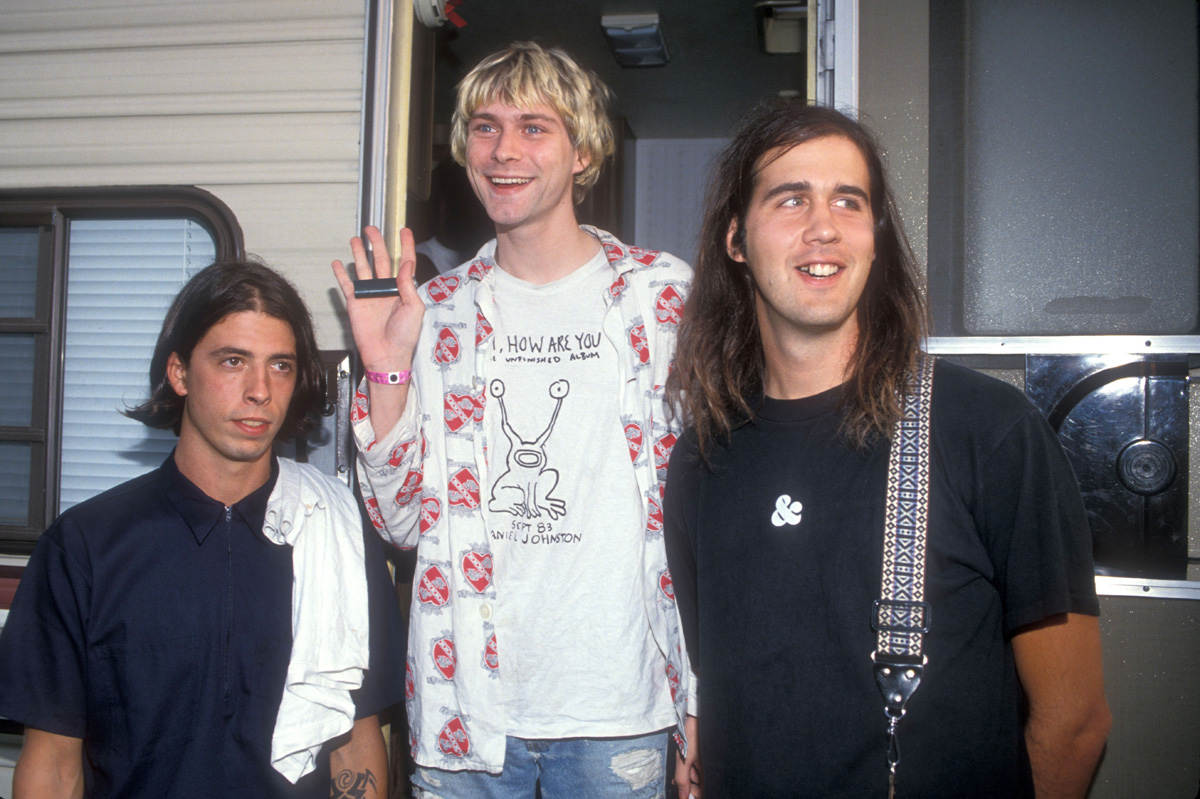
Before Dave Grohl became the frontman of Foo Fighters in the mid-’90s, he was in Nirvana. Grohl was invited to join Nirvana after auditioning for Kurt Cobain and Krist Novoselic. Grohl ended up becoming their drummer, but would also provide backing vocals for many of Nirvana’s songs.
Grohl would often write his own songs but kept them from the rest of Nirvana because he was too intimidated. After Cobain’s unfortunate suicide in 1994, Nirvana disbanded and there were rumors that Grohl was going to join another band. Instead, he eventually started Foo Fighters.
Whitney Houston
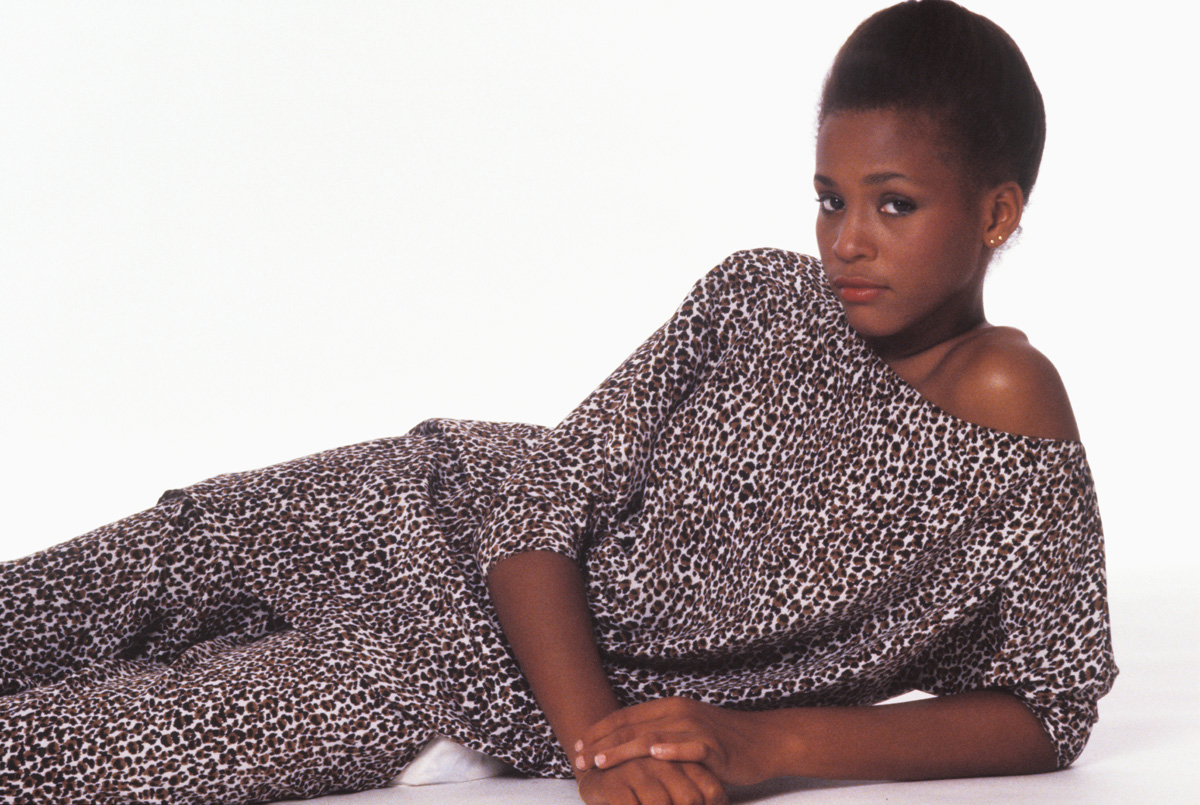
Whitney Houston had singing in her blood, as her mother was gospel singer Cissy Houston. As a teen, the younger Houston would often accompany her mother to nightclub performances and sometimes join her on stage. Through her mother, Houston became a backup vocalist for Chaka Khan and Lou Rawls when she was 15 in 1978.
“Cissy – a friend – told me her daughter had a great voice so I asked [Whitney] to come sing backing vocals on my first solo album. I saw my younger self in her, but could tell she was destined for greatness,” Chaka Khan told The Guardian.
John Legend
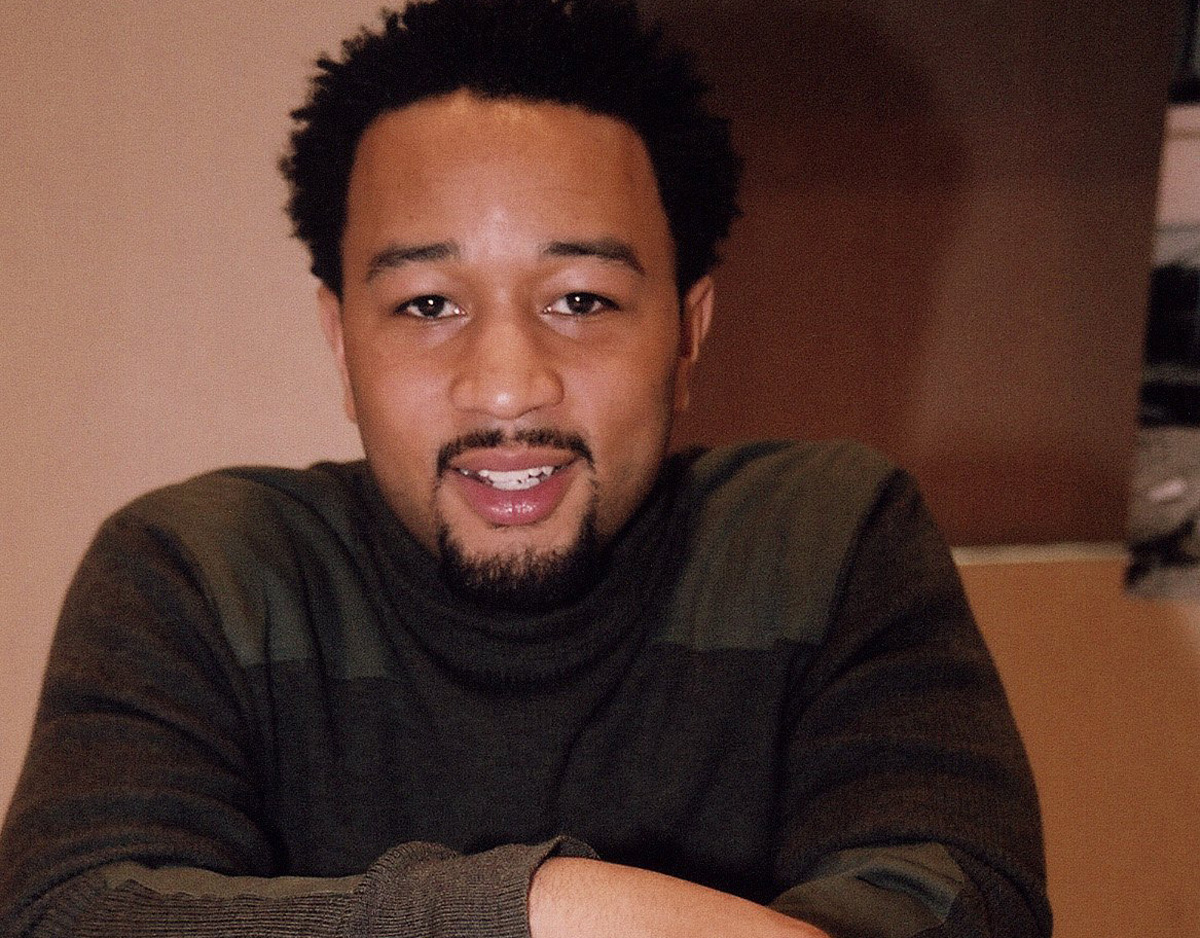
When John Legend attended University of Pennsylvania, he was the president and musical director of the Counterparts, a co-ed jazz and a cappella group. It was during this time that Legend was introduced to Lauryn Hill, who invited him to play the piano on her song “Everything Is Everything” in 1999.
Fast forward to 2001, Legend would meet Kanye West and sing hooks on the rapper’s music. Legend also provided supporting vocals on Jay-Z’s “Encore” (2003). He was eventually signed to GOOD Music and released his debut album, Get Lifted, in 2004.
Mariah Carey
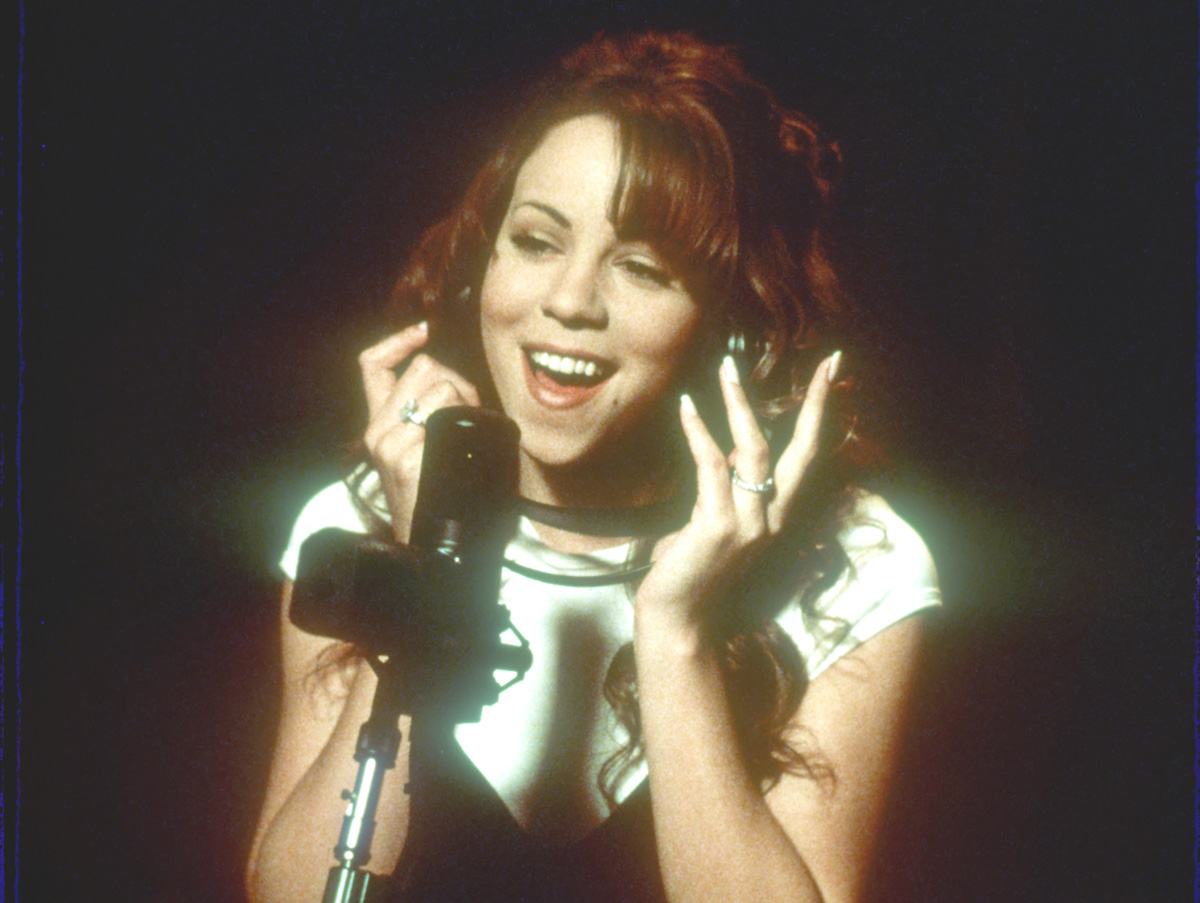
When Mariah Carey was still trying to get music labels to listen to her four-song demo tape in the late ’80s, she met rising pop star Brenda K. Starr, who is best known in the U.S. for her 1987 power ballad, “I Still Believe.” Carey began providing backup vocals for Starr’s music.
Starr reportedly handed Carey’s demo tape to Columbia executive Tommy Mottola and the rest, as they say, is history. Carey later covered “I Still Believe” in 1998. Starr’s original version peaked at No. 13 on the Billboard Hot 100, while Carey’s peaked at No. 4.
Cher
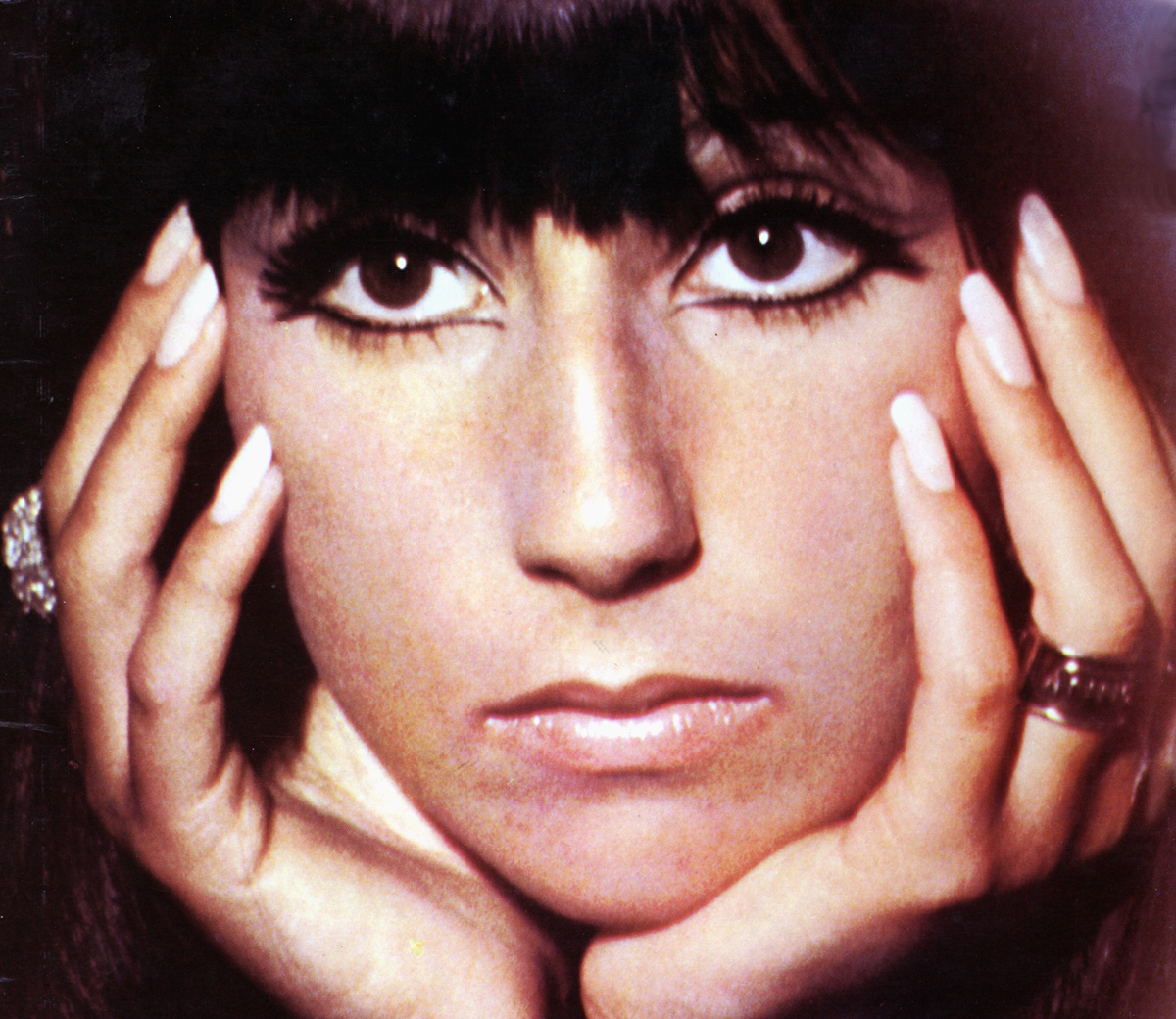
Cher was only 16 years old when she dropped out of school and moved out of her mother’s house to make it on her own. Shortly after this bold move, she met Sonny Bono, who at the time was working under producer Phil Spector. Cher was introduced to Spector, who used her for backup vocals on songs like “Be My Baby” by The Ronettes and “You’ve Lost That Lovin’ Feelin'” by the Righteous Brothers.
After an unsuccessful solo single called “Ringo, I Love You,” Cher began performing with Bono and things began snowballing from there.
Mary J. Blige
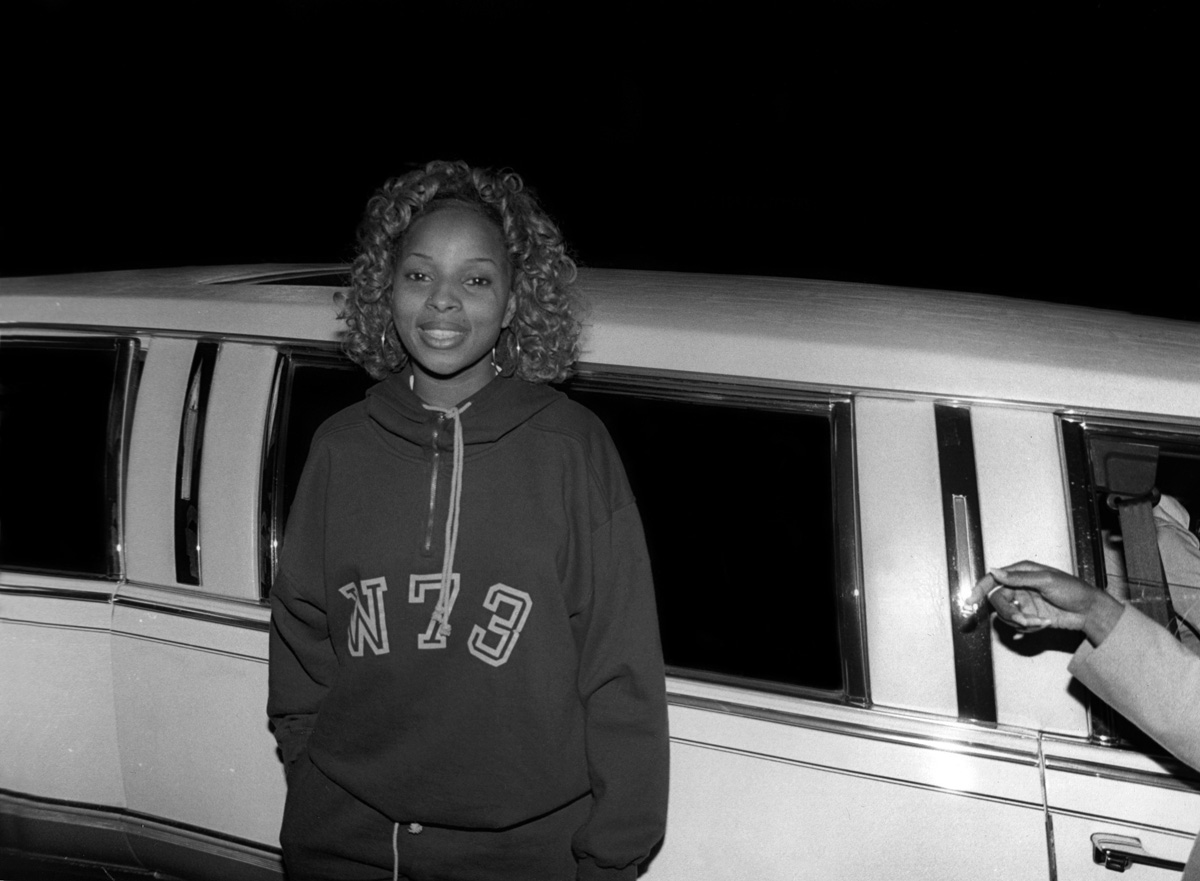
Mary J. Blige recorded a cover of Anita Baker’s “Caught Up in the Rapture” in 1988 and luckily, her mother’s boyfriend at the time passed the tape along to Jeff Redd. Redd was a recording artist associated with Uptown Records and sent Blige’s tape to the label’s CEO, Andre Harrell. A year later, Blige became the first female and youngest artist signed to Uptown.
Harrell had Blige start out as a backup vocalist for other artists. She notably was a backup vocalist for ’80s rapper Father MC and sang the hook on his song “I’ll Do 4 U.”
Keri Hilson
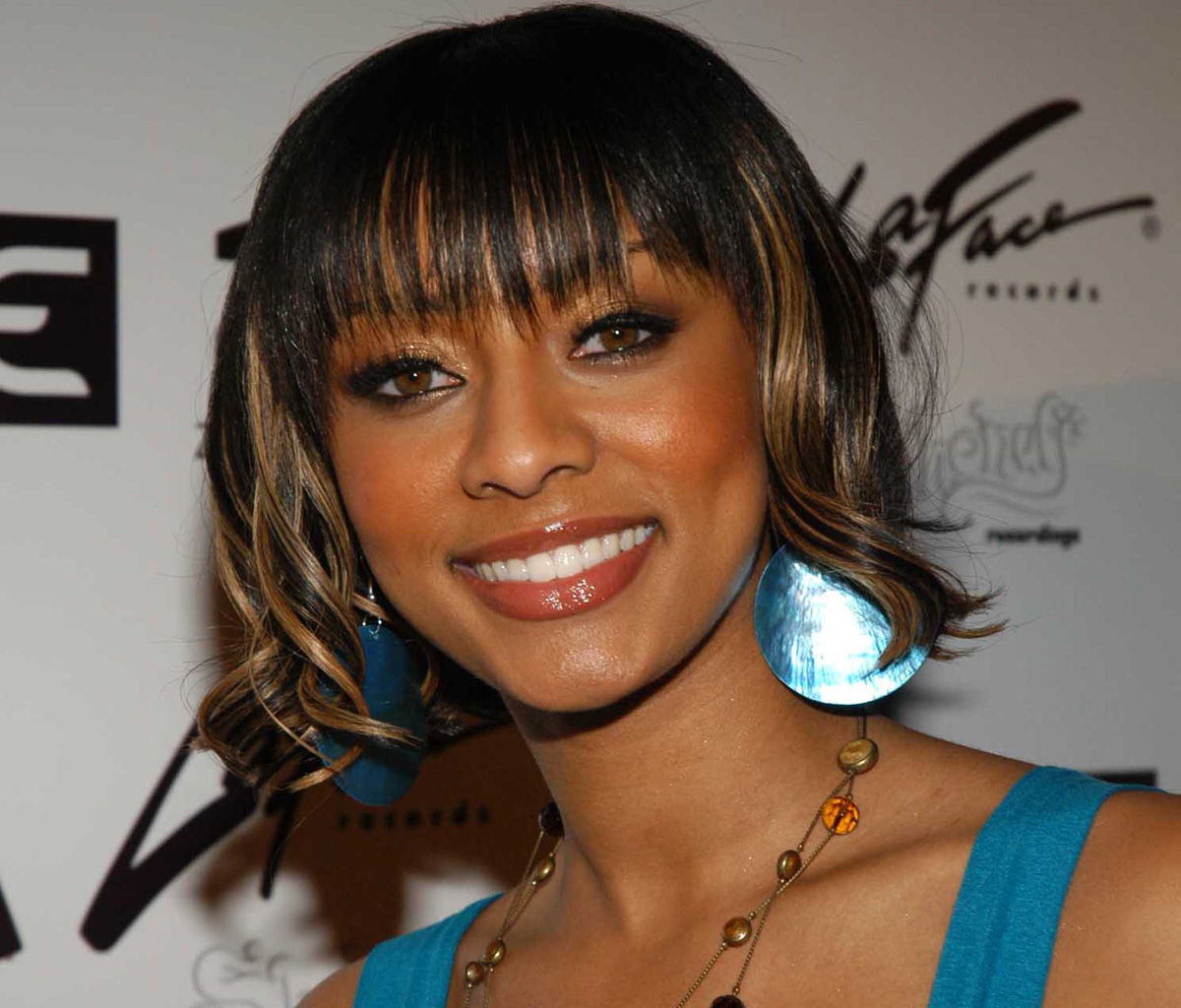
Before Keri Hilson came out with her 2009 hit song “Knock You Down,” which was nominated for two Grammy Awards, she was helping boost the careers of other major players in the hip-hop and R&B industry.
She was a teenager when she started working with producer Anthony Dent, who had her writing songs and providing backup vocals for people like Usher, Ludacris, Kelly Rowland, Toni Braxton, and Ciara. Soon, Hilson got features on Timbaland’s “The Way I Are” and “Scream.” She is also known for helping write songs for The Pussycat Dolls and Britney Spears.
Faith Evans
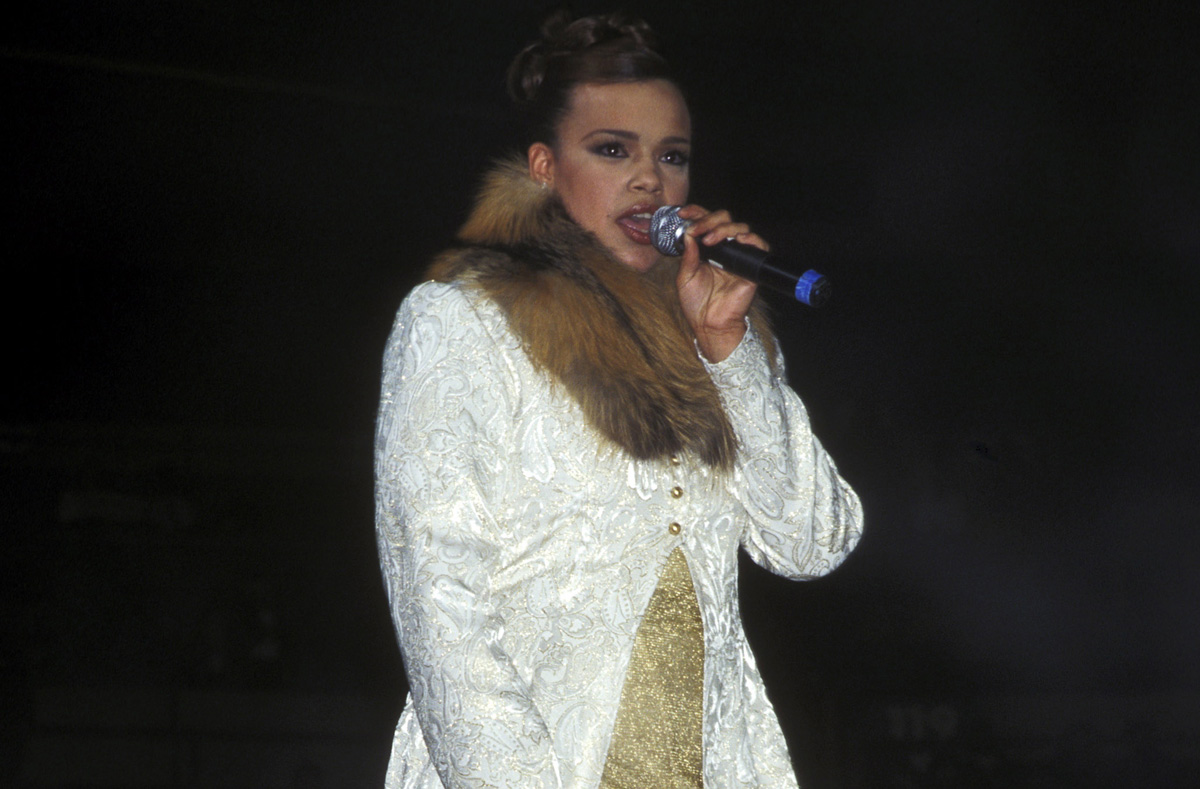
Before Faith Evans won the 1998 Grammy Award for “I’ll Be Missing You” alongside Puff Daddy (now known as Diddy) and the group 112, Evans was a backup vocalist for multiple artists on Diddy’s Bad Boy Entertainment.
Back in 1993, Evans was a backup vocalist for the singer Al B. Sure! After Diddy took notice of Evans’s talent, he signed her as the first female artist on his record label. At first, Evans provided backup vocals for Mary J. Blige’s My Life and Usher’s debut album in 1994. The following year, Evans released her debut album Faith.
Dido
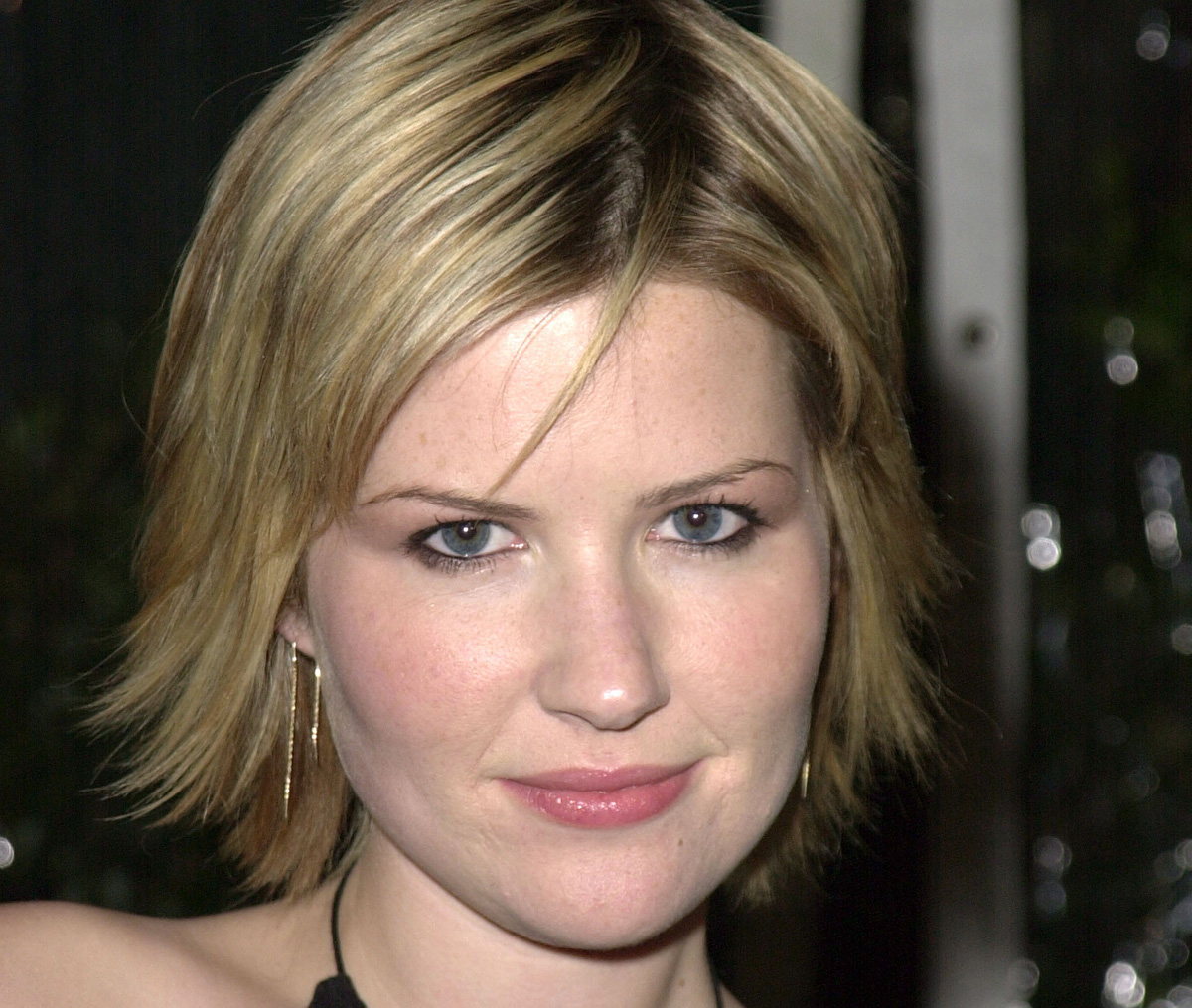
We all remember Dido as one of the most prominent singers to bring us into the new millennium with her 1999 debut album No Angel. The multi-platinum album contained hits such as “Here with Me”, “Don’t Think of Me,” and “Thank You,” which brought Dido even more popularity after it was sampled in rapper Eminem’s “Stan.”
But before all of Dido’s early success, she provided backup vocals and songwriting skills for the U.K. dance act Faithless, which her brother Rollo is part of. She eventually gained the attention of Peter Edge from Arista Records.
Luther Vandross
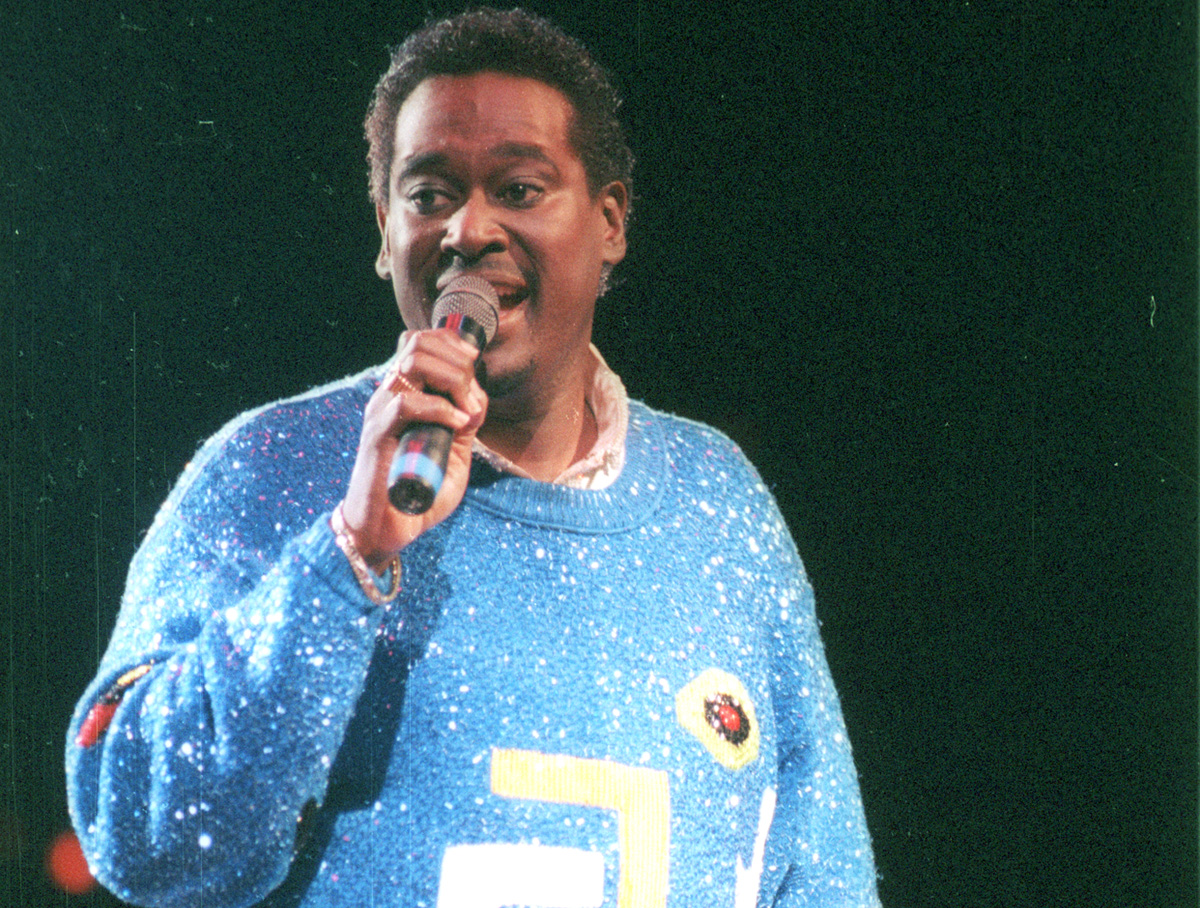
Luther Vandross is an eight-time Grammy Award winner, two of which were Song of the Year and Best Male R&B Vocal Performance in 2004 for his popular hit, “Dance with My Father.” Vandross undeniably had a successful in career in his own right, but throughout its entirety, he was still in demand as a background vocalist for many other artists.
Vandross began singing backup as early as 1972 when he provided vocals to Roberta Flack & Donny Hathaway. He’s heard on tracks by Todd Rundgren, Judy Collins, Chaka Khan, David Bowie, and Barbra Streisand, to name a few.
Michael McDonald
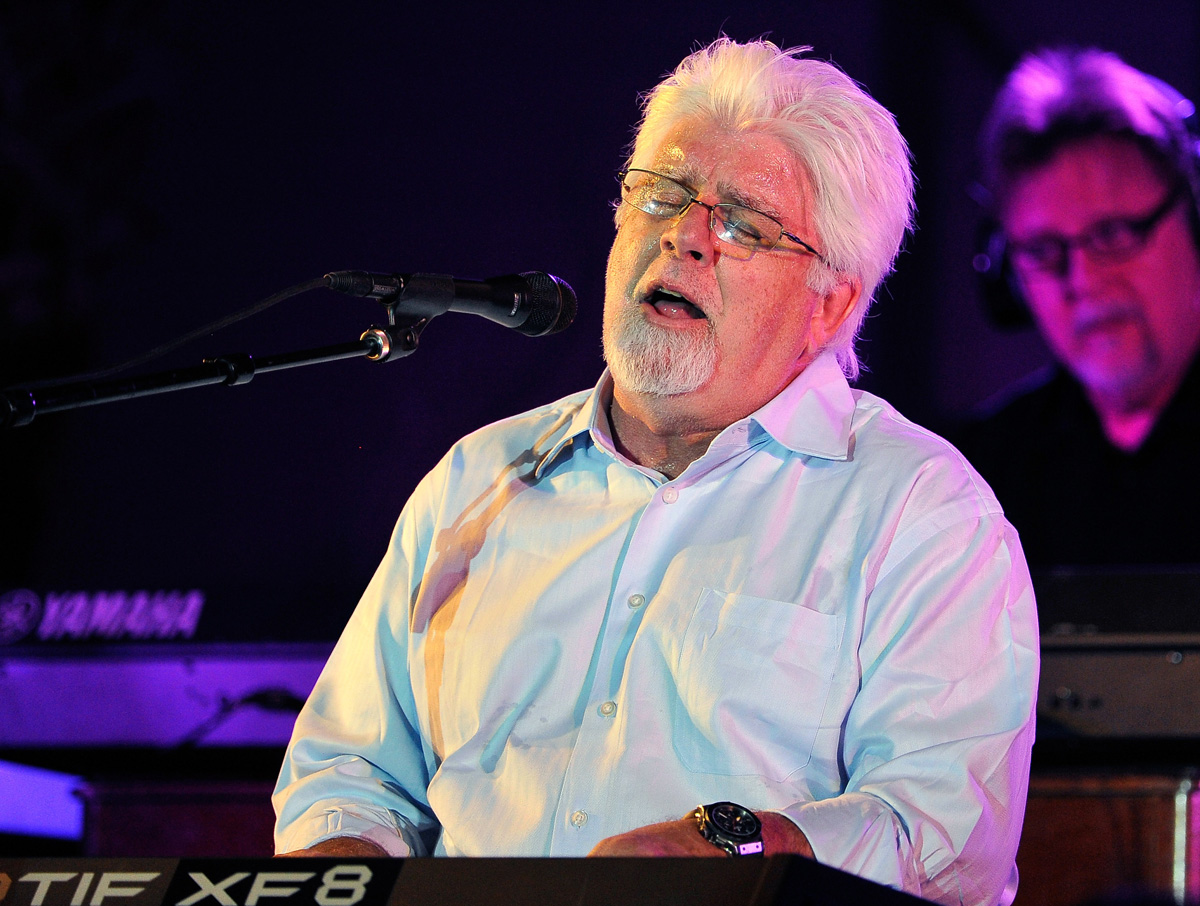
Michael McDonald is a five-time Grammy Award-winning musician who was famously a part of the Doobie Brothers from 1976 to 1982. Before becoming a part of the Doobie Brothers, McDonald joined Steely Dan in 1974.
While touring with Steely Dan, McDonald provided backing vocals and soon became an important figure in the studio. Much of his contributions can be heard on tracks for 1975’s Katy Lied and the subsequent albums The Royal Scam and Aja. Singing wasn’t the only thing McDonald contributed. If you listen closely, he can be heard on the keyboards for much of Steely Dan’s music.
Jermaine Paul
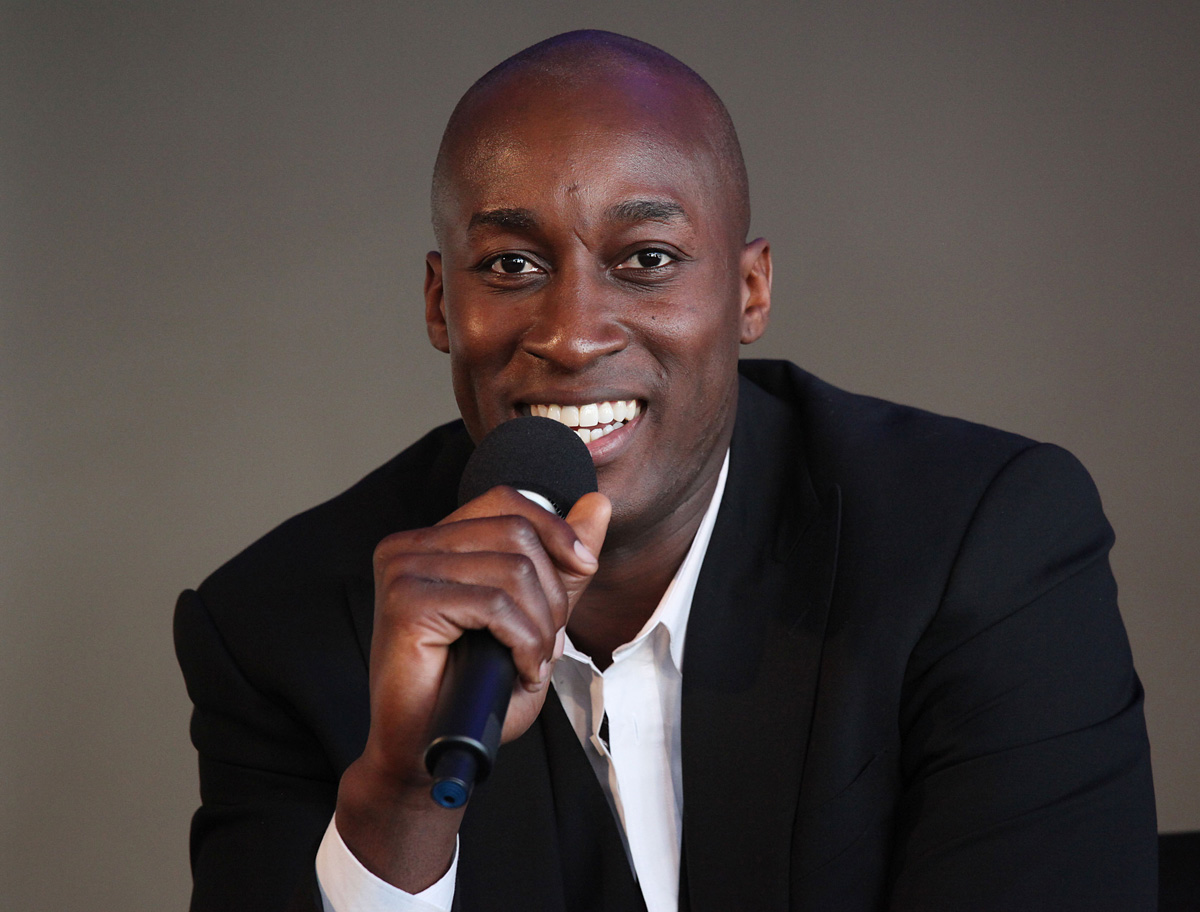
You might recognize Jermaine Paul as the season two winner of The Voice. He auditioned in 2012 covering Avril Lavigne’s “Complicated” and chose to be on Blake Shelton’s team throughout the competition.
When he was just 15 years old, Paul was part of a quartet called 1Accord and was signed to Shaq’s T.W.Is.M. Records. When that didn’t pan out, Paul began writing and producing songs on his own. After a failed audition for American Idol, Paul began recording back up vocals for acts like Alicia Keys, Mary J. Blige, Joss Stone, and Blackstreet before he decided to go on The Voice.
Rita Coolidge
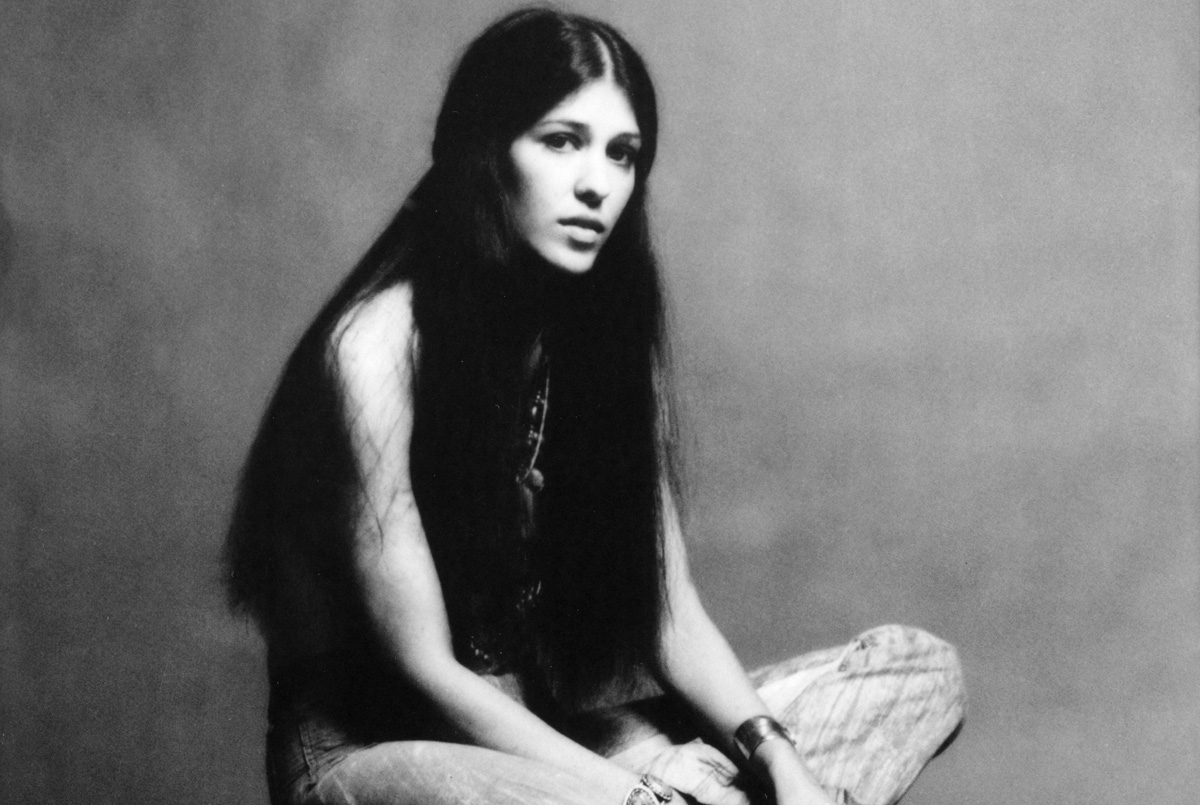
You may recognize Rita Coolidge’s voice in “All Time High,” the theme song for the James Bond film from 1983. Coolidge is also known for her 1977 covers “(Your Love Keeps Lifting Me) Higher and Higher” and “We’re All Alone.”
Before her success, Coolidge had previously graduated from Florida State University and was subsequently discovered by Delaney & Bonnie while singing in Memphis, Tennessee. From there, she became a backup singer for Bob Dylan, Jimi Hendrix, Eric Clapton, Leon Russell, Joe Cocker, and others. In 1970, she met Kris Kristofferson and they married three years later.
Angie Stone
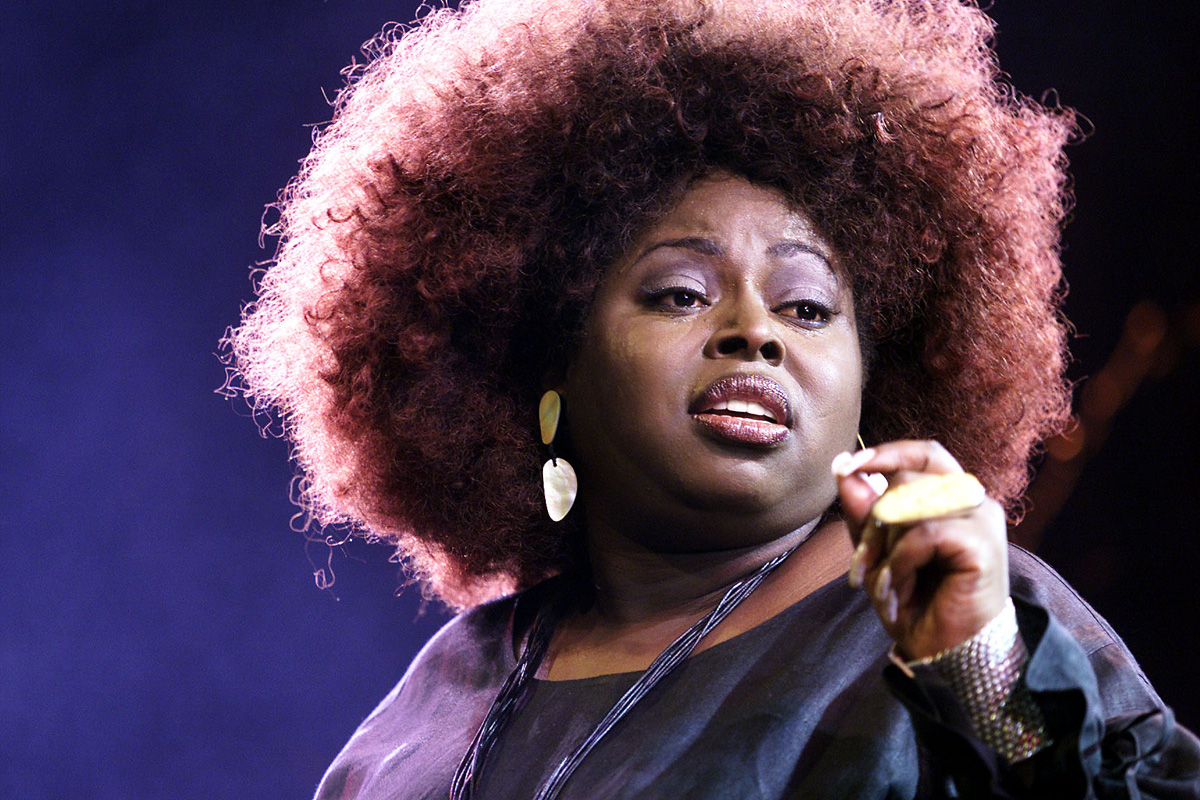
If you don’t know Angie Stone by her hit singles “No More Rain (In This Cloud)” or “Wish I Didn’t Miss You,” then you might recognize her from VH1’s Celebrity Fit Club or TV One’s R&B Divas.
As a teen in the late ’70s, Stone formed a rap trio called The Sequence. They had success in the early ’80s with songs like “Funk You Up” and “Monster Jam.” The Sequence didn’t pan out for long, however, and Stone began doing other projects. She notably sang backup vocals on Lenny Kravitz’s album 5.
Anthony Hamilton
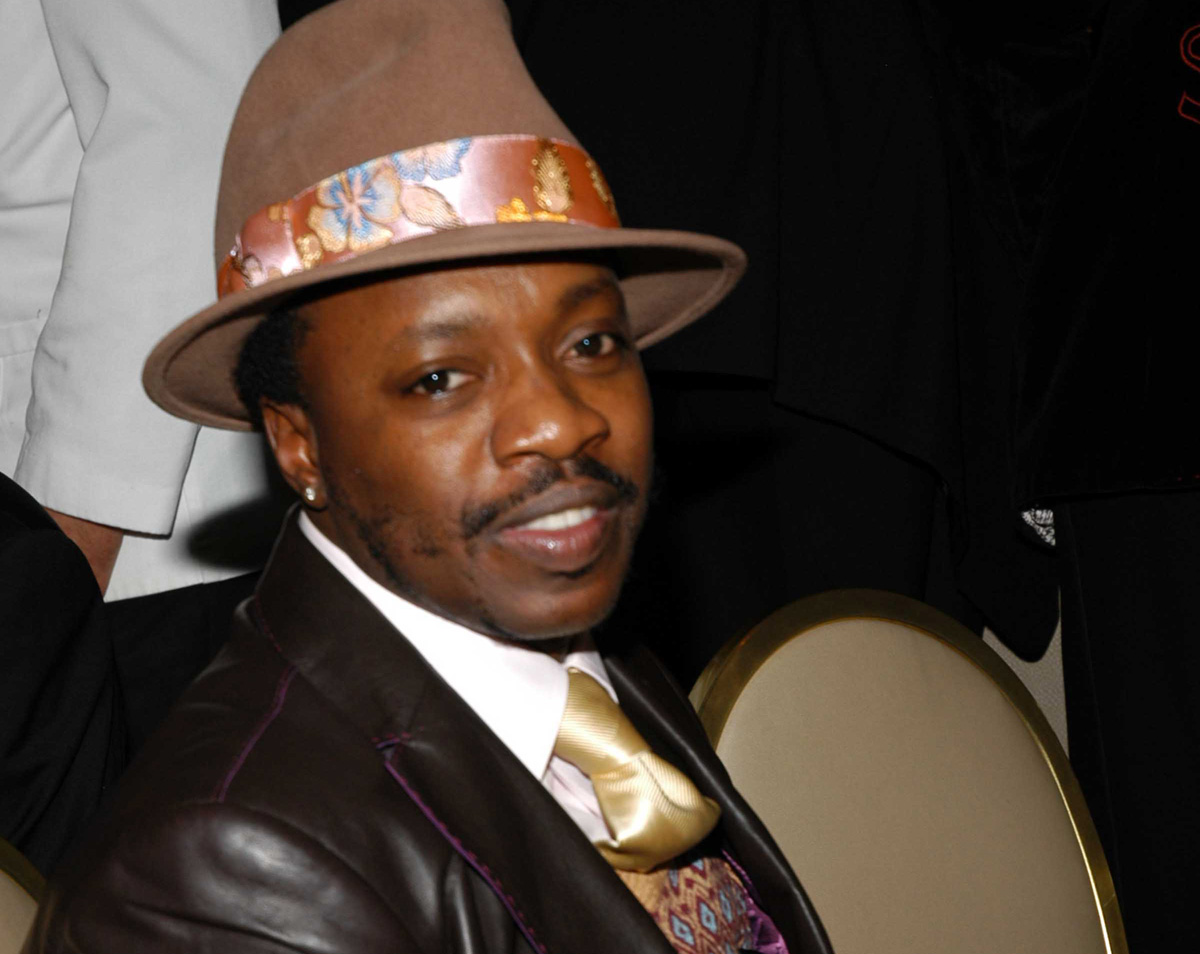
Early in his career, Anthony Hamilton was a backup singer for D’Angelo’s international tour promoting the Voodoo album in 2000. Since then, Hamilton has forged his own successful career after getting featured for singing the chorus on Nappy Roots’ “Po’ Folks” in 2002.
He eventually would collaborate with other artists including Jadakiss, Angie Stone, and The RH Factor. His 2003 release Comin’ from Where I’m From was nominated for three Grammy Awards including Best Traditional R&B Performance, Best R&B Song, and Best Contemporary R&B Album in 2004. That’s only three out of 17 nominations he’s received throughout his career.









